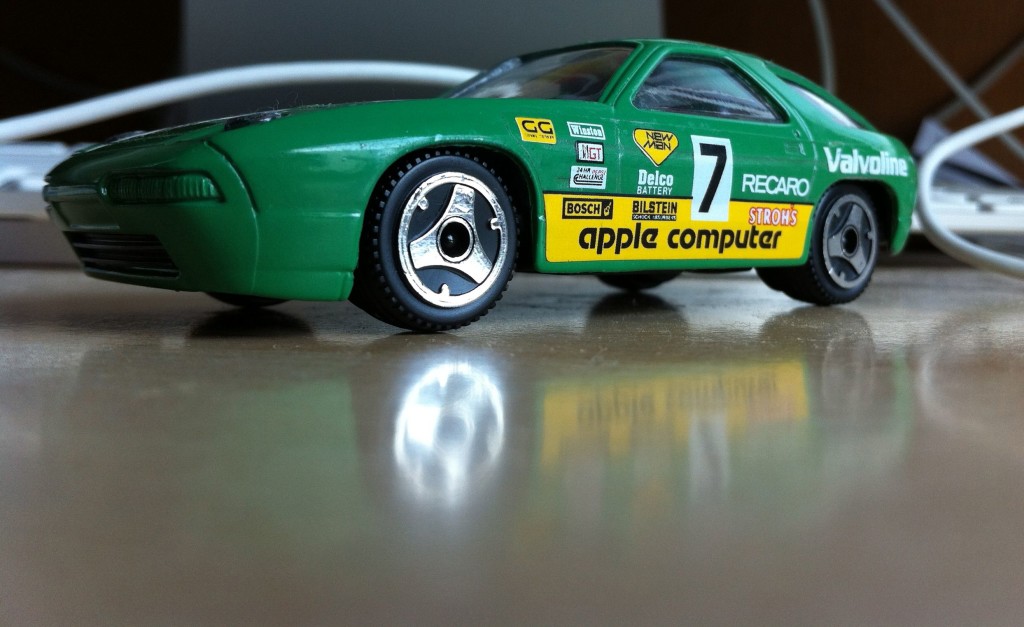Horace Dediu and Jim Zellmer discuss how to think about cars in this 57 minute podcast. [32MB 57 minute mp3]
Subscribe to Asymcar podcasts: iTunes or RSS
Excerpt:
Horace: That is, indeed, probably the most exciting way because an outsider will come in, look at the problem as an information problem not a transportation problem. They’ll look at it and say…This would be my dream.
Someone would say, “You know, I see the job to be done here. The job is people don’t want [to own] cars. Ownership of cars is not just expensive but it’s actually adding a lot of waiting into your life. Waiting in traffic, waiting to park. Waiting at line in the DMV, whatever. You’ve got all these hassles associated with cars… So we’re going to solve your problem of transportation by providing you with less waiting.”
And then they say, “That’s an information problem because knowing where the cars are and so on and allocating the car.” The car at that moment is ‘off-the-shelf’ and you say, “OK, but we’ll just pick whatever cars are available. Oh, if it’s electric it’s even better because our economics are going to be better with electric cars. It won’t break as much and so on.”
The innovator in this case looks at it as an information problem, attacks a job to be done that’s on that, uses off the shelf technology which is just a city car with electric drive, and then goes back to the manufacturer and tells them, ‘You know what would make them better is if we had this, that, or the other thing.'”
And then the manufacturer would say, “Thanks, we’ll get back to you in five years.”
You don’t have that time. So you say, “No, I want to have it done in the next six months.”
Then you start to think, “You know what? Maybe I can make the car myself.”
That is really the spark of a potential story…And that’s the cool thing is it’s the same thing that happened with smartphones where Apple said, “In order for us to get a better phone we need to solve these problems and that may involve getting into new businesses.”
You get into apps. You get into services. You get into Siri. You get into…Suddenly you’re solving a whole set of different problems.
Jim: Owning and leasing capital equipment.
Horace: Yeah. But the fuel was the huge profit you got because you solved a job. The fuel to get you into the new industries is supplied in ample quantities, beyond what you can absorb. And so suddenly, this guy was making a business selling information, really, to consumers about where to get a car at a time when they need it and not to get a car when they don’t need it. That simple shift makes them, hopefully, wealthy beyond their wildest dreams. They say, “You know what? I have so much capital now I can buy a car company.” And they’re actually quite cheap to buy because, as you know, they don’t make much money. And so, they’re usually wasting assets.
You go in and they could go and grab Saab, for example. Boom, just pick up Saab for peanuts or pick up a brand out of the UK or something and the Indians did. They bought Jaguar. They bought Land Rover. BMW bought Mini, which was essentially a defunct brand in the UK, as well.
You can get that and you get the brand and you get some tooling, some facilities, some distribution network, whatever. Throw most of it away and rebuild the business along the lines that serve this need. And so, they would then create a niche for themselves in electric vehicles optimized around the job to be done of not being owned.

